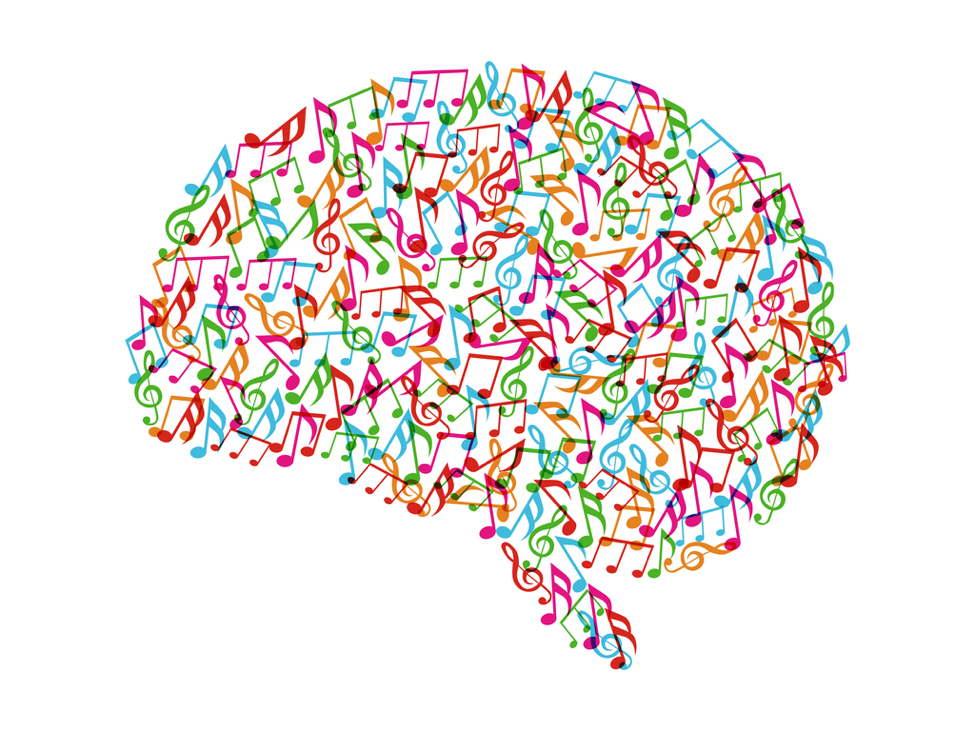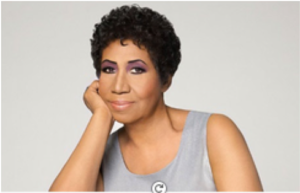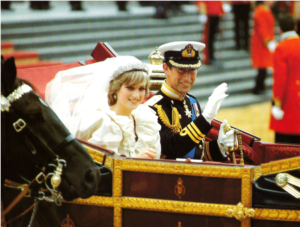Music and Your Memory

I think it has happened to all of us. An old song comes on the radio and, despite not having heard it for decades, we can sing it word for word. We anticipate its musical twists and turns. The memory of that piece of music, buried deep in our brains, comes surging to the surface. And with it comes a rush of feelings. We may smile or chuckle or cringe – depending on the context we may associate with that song. Long-lost friends or long-forgotten places might even spring to mind. And the retrieval of all these memories, seemingly triggered by a few musical notes, seems all the more remarkable since we can hardly remember where we last placed our keys or our glasses! What is it about that song that carved such an indelible imprint on our memory?
For a long time, music has been used therapeutically to connect with seniors, especially for those who are suffering from dementia and might be more difficult to reach. Not only does music trigger a cascade of individual memories and sensations, but also it is a powerful social equalizer, bestowing a sense of belonging and community on a group of seniors. Whether that belonging is expressed by singing the lyrics or tapping out the rhythm with your fingers, or even just by smiling as the music washes over you, it represents a communal recognition of a common experience. And that can be a beautiful thing. Music therapists often report how music can elicit emotion and connection with even the most cognitively impaired seniors. Time and time again, music has been shown to calm agitation, to encourage movement and even, for those who struggle to communicate, to prompt them to sing out a few words.
Scientific research has recently begun to catch up with the anecdotal evidence that music is a potent catalyst for reminiscence. Advancements in imaging and other neurological tracking technologies have given scientists a key to unlock many of the mysteries of the brain. Specifically, it is now known that processing a piece of music engages many different areas of the brain, including those responsible for language, for movement, for rhythm and for emotion. These also happen to be areas of the brain that remain relatively untouched by the pathologies of Alzheimer’s Disease and other dementias, allowing the memories that are embedded within to be preserved. As well, the brain establishes neural pathways across which information flows between its different areas, and these pathways are activated and reinforced each time music is played. Scientists have demonstrated that listening to a familiar piece of music reactivates the brain and can actually improve the functional connectivity of the brain, effectively giving it a little boost. And this translates into improved memory scores and enhanced cognitive capacity.
What are the takeaways from all this research and experience? In many ways, the science has merely explained the emotional response we feel when we hear a long-forgotten song or piece of music. But more importantly, it gives us full licence to immerse ourselves in the music we love. For whether we drop the needle on a classical masterpiece, a country reel or a dance hall hit from the ‘60s, that selection of music is a tonic for our brains.
As the 19th century poet Heinrich Heine said; “Where words leave off, music begins.” And where music begins, the brain is sparked into action!
Stay well and keep singing,
Amy Lewtas, Founder of RetroSparX
New to RetroSparX
We are pleased to announce the following new RetroSparX memory game units which have recently been released and can be found on our website (www.retrosparx.com). We invite you to delve into the topics and tackle the memory games for seniors that comprise each unit. And we wish you happy reminiscing while you recall, relive and revel in these moments.
Relive the Grace and Power of Aretha Franklin

Aretha Franklin was a rare musical force of nature. Her talent defied genre, and her powerful voice breathed emotion into whatever she sang. Read about this extraordinary woman and the R-E-S-P-E-C-T that her inspired music earned.
Included memory games for seniors
- Complete the names of some of the 20th century’s most noted female singing stars in Lyrical Ladies, and then rearrange some of the letters to reveal one of Aretha Franklin’s most enduring hits.
- In The Making of Music create pairs of toe-tapping musical words or phrases by unscrambling letters to both complete a word or phrase and begin another word or phrase. You won’t miss a beat!
Remember the Marlboro Man

Read about this masterstroke of marketing. The Marlboro Man advertising campaign took the little-known Marlborough cigarette and turned it into an overnight top-seller. And the cowboys who were featured in the advertisements became symbols of swarthy, rugged manliness. Men and women alike flocked to the brand in droves, bearing witness to the undeniable draw of The Marlboro Man.
Included memory games for seniors
- Unscramble letters in Snazzy Slogans, to identify the brands associated with famous advertising slogans, and then rearrange letters to reveal a quote from the creative genius behind The Marlboro Man.
- In Jazzy Jingles, complete the lyrics of some of the most catchy jingles in advertising history.
Recall the Wedding of Princess Diana and Prince Charles

The day was magical in every respect. When Diana emerged from her carriage, her princess-inspired wedding gown billowing softly around her, she was stepping into a world that she would redefine. Read about this historic wedding and the impact that Diana’s short life had on the causes she embraced.
Included memory games for seniors
- Rearrange letters to complete the names of many of history’s most significant style-setters in Fashionable Royals and the Royalty of Fashion, and a traditional wedding rhyme will be revealed in the process.
- Syllable by syllable, build words that answer clues drawn from the world of the British monarchy in Palace Parlance.



Comments